Making Chess an Enjoyable and Engaging Pastime for Children
There’s a lot of competition for kids’ attention these days, with computers, games consoles and smartphones just some of the devices that currently dominate their lives. So, you might think that the humble chess set might struggle to make an impact with all this digital distraction.
The good news is that the truth flies in the face of this idea, with more and more kids getting into chess and enjoying its benefits. Chess stimulates the mind like no other pastime and offers benefits that last a lifetime when introduced early on, so it’s something that should be actively encouraged.
However, if your little one doesn’t currently have a fascination when they see a chess set , you might be wondering how you can create that spark of interest. Well, this sounds like you, here we take a look at how you can make chess a more appealing and attractive idea to your kids, so that they get to enjoy the timeless game throughout their lives.
Create an Interest - Don’t Force It
Anyone who has kids will know that you can’t force them to do anything they’re not interested in, so it’s about creating that interest. If you try and force your kids to enjoy chess, they’re unlikely to see it as a positive thing and as more of a chore. It’s better to make the game seem as a treat and something that’s ‘usually only for grown ups’.
It’s a simple, yet effective method of gaining your child’s interest, which can be further reinforced by purchasing a novelty or themed chess set , such as a Harry Potter Chess Set or one with a theme that they can really relate to. Once you have that interest and engagement, they’ll then be more receptive to everything else that the game offers.
Chess Clubs & Chess in Schools
One way to get children interested in playing chess is by introducing it at school, which is something that some have chosen to do by forming chess clubs. However, some schools have taken things even further by actually including it in their curriculum, along with maths, reading and writing.
Whether your child gets access to a chess set via structured lessons or through an extra-curricular chess club, they’ll get exposure to a pastime that they would otherwise have missed. Chess is such a universal game that can be enjoyed by children from all backgrounds and age groups and this interest could very overflow out of the school environment and become a hobby enjoyed at home.
If this kind of thing is not currently being offered at your child’s school, it’s something that might be worth discussing with them. Whilst you can’t expect them to change their curriculum, you could find them receptive to starting a chess club - especially if you’re willing to lend a hand in running it!
Helping them Develop Their Interest With a Chess Set at Home
If your child does end up joining a chess club, as a parent, you should be looking to provide the chess equipment they need to carry on their hobby at home. It doesn’t have to cost the earth either, as by this stage you won’t have to be buying the latest Star Wars chess set to pique their interest.
You can easily find a chess set online for under £10 and this is all you need to begin with. Further down the line, if their interest turns into a full-blown obsession for the game, you can invest in a higher quality glass, marble or wooden chess set . The important thing is to provide the means for them to continue their interest from the chess club to the outside world.
Organised Kids Chess Tournaments
Now you might be thinking that a chess tournament sounds a bit formal for youngsters, but you may be surprised by the fact that many of them exist and for kids as young as four! The good news is that they tend to be very laid-back when compared to tournaments for adults and they are usually organised on a local basis through chess programs or schools.
If your child has a competitive nature, it’s a great way to further cement their interest in the game, as well as introducing them to other like-minded kids. Through this social interaction, they can make great friends with similar interests whilst enjoying a game that does so much to develop their young minds.
Start Early & Your Child Will Reap the Rewards
Getting children interested in chess at an early age is key to helping them enjoy all the cognitive benefits that the game provides. Rather than being a pushy parent and trying to get your child to be the next Boris Spassky, you should try and adopt a gentle, nurturing approach that lets their love of the game develop naturally.
If your little one has an immediate affinity with a chess set and is keen to learn how to set up a chess board from day one, then great. However, it should be their decision or, as we mentioned earlier, you risk turning them away from the magic of chess and making it seem like a chore. Get it right and your child will have a lifetime of chess appreciation ahead of them.
Always Keep in Your Mind that Chess Should Be Fun!
With a little nurturing and encouragement, young people can soon become aware of just what an enjoyable game chess can be. Whether you encourage their interest with a Lord of the Rings chess set , a school chess club or involvement in kids chess tournaments, just remember to keep it fun, as after all, it’s just a game to be enjoyed.
At the Official Staunton Chess Company, we offer the finest chess sets you’ll find anywhere online and we’re always keen to help more people enjoy the game. That’s precisely why we create blogs like this one to help the next generation of players gain a full appreciation of the pastime.
If you would like to know more about our unmatched selection of top-quality chess sets , chess pieces and more, take a look around our website www.officialstaunton.com. There you’ll find a stunning range of chess sets that take the game to the next level. Should you have any trouble choosing the right one for your needs, give our friendly team a call on 01948 880 060 and they’ll be more than happy to help you find the perfect choice.



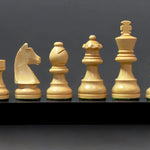
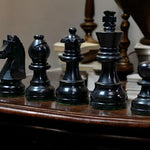
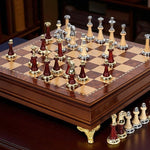
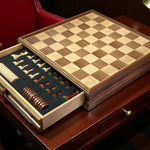
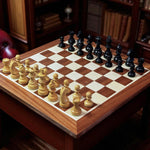
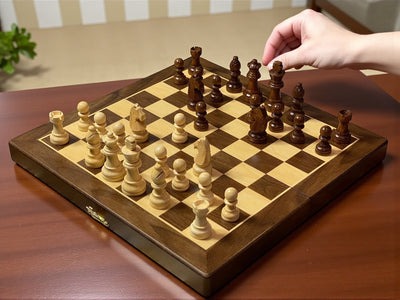
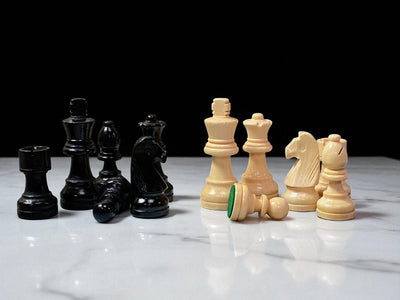
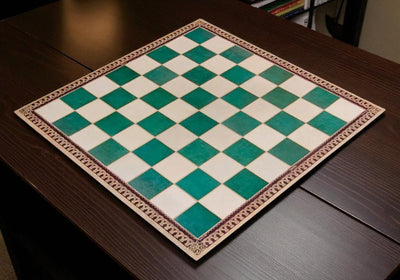
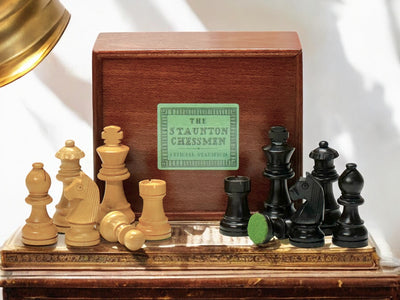
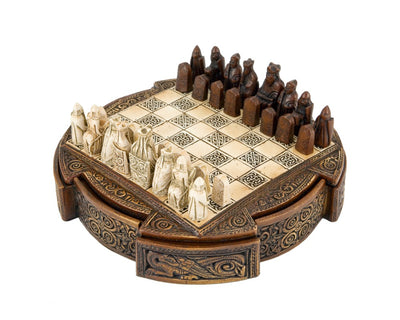
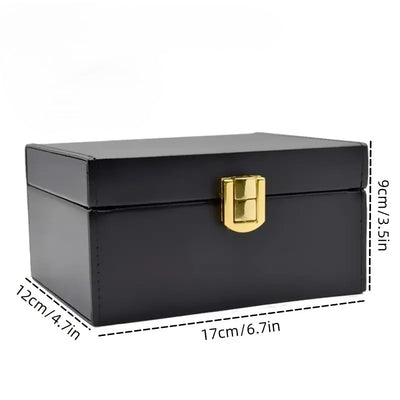
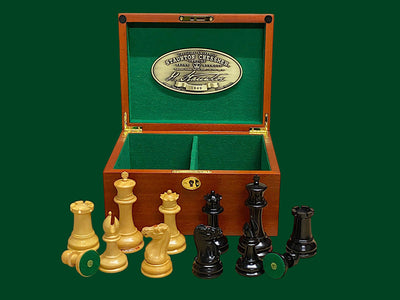
Leave a comment